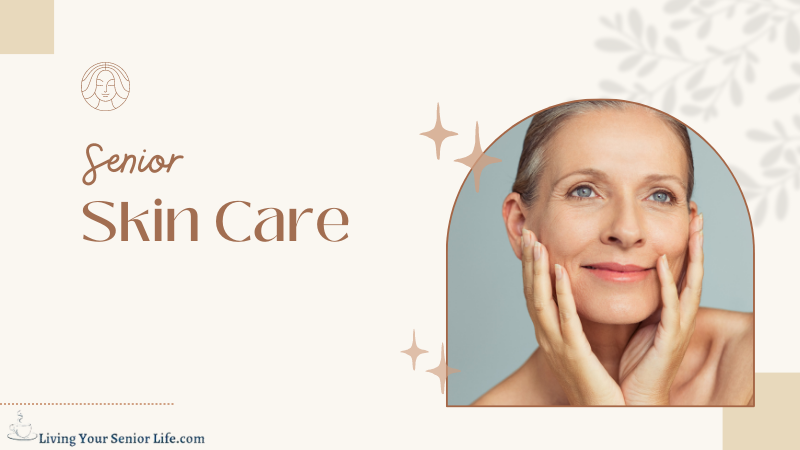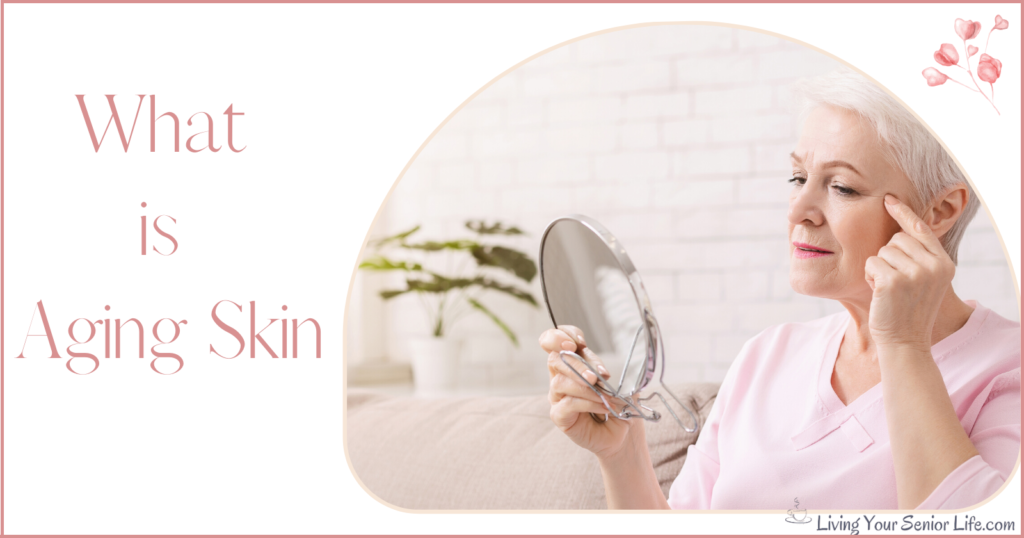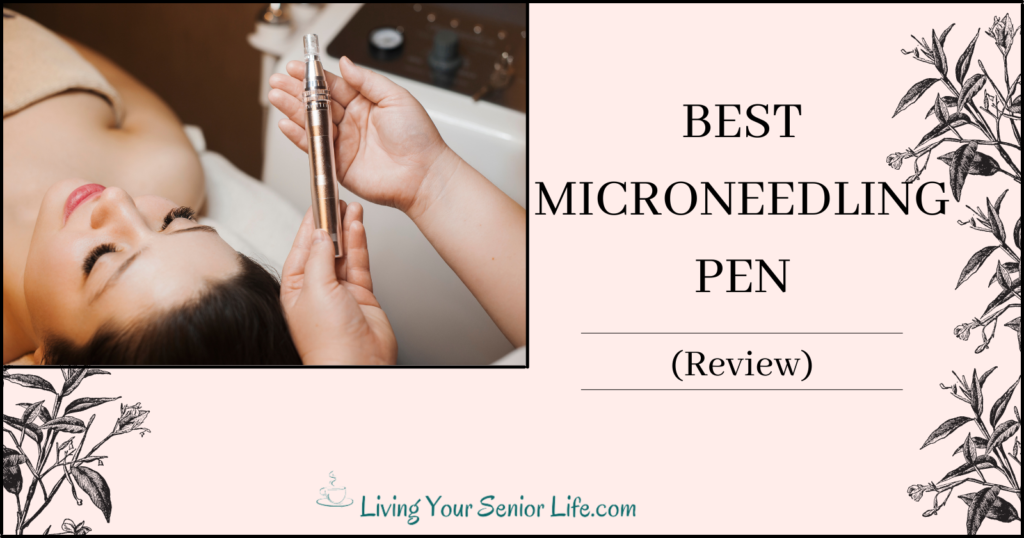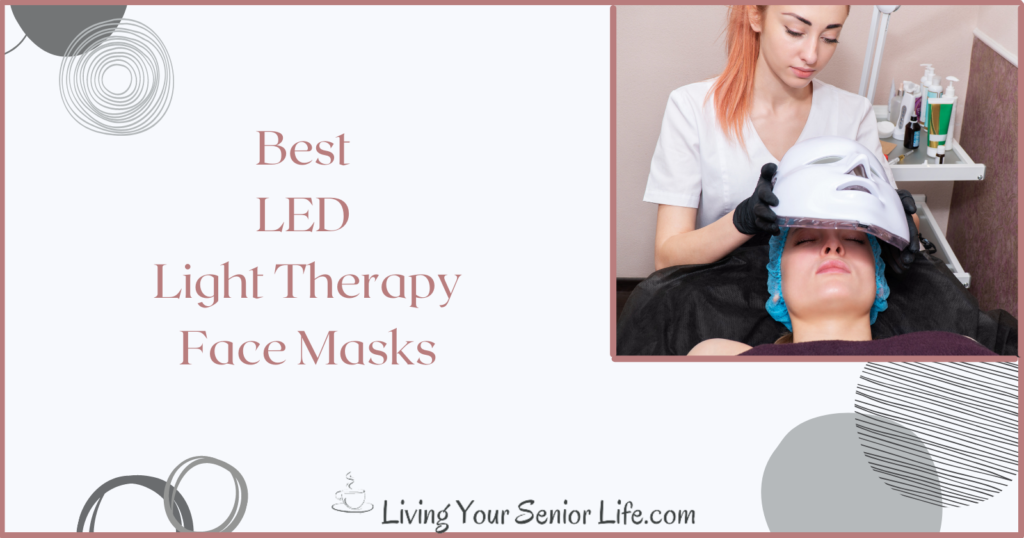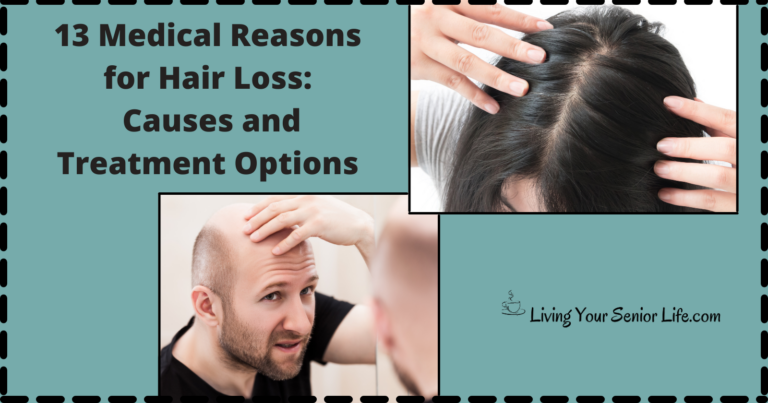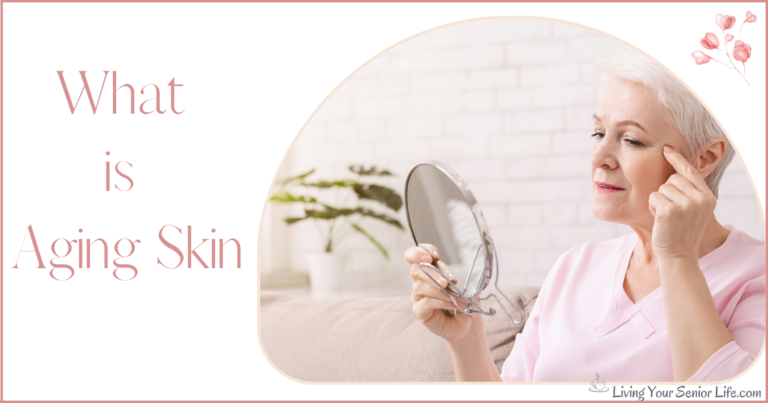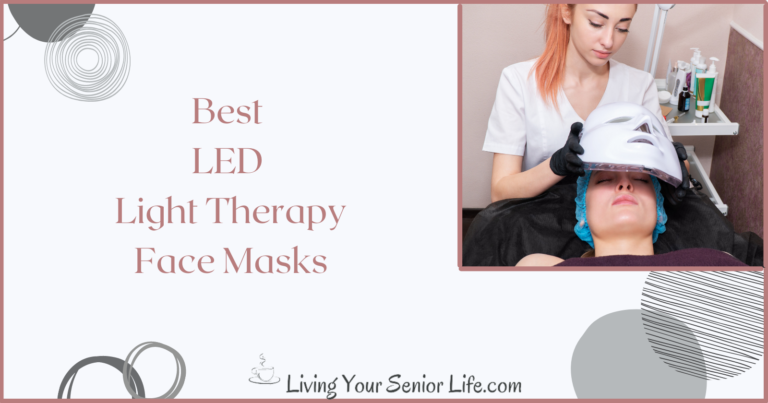As you age, your skin undergoes changes that can result in reduced elasticity, fine lines, wrinkles, and age spots. However, with the right anti-aging skincare routine, you can maintain healthy, youthful-looking skin for years. In this post, we’ll be sharing tips and tricks for effective senior skin care that will help you combat the signs of aging.
We’ll cover factors that affect aging skin, including external factors such as sun exposure and pollution. We’ll also discuss key ingredients for anti-aging skincare and how to build an anti-aging skin care routine that works for you. Additionally, we’ll explore lifestyle changes you can make to support healthy skin and professional anti-aging skin care treatments. Finally, we’ll address common anti-aging skin care mistakes and answer frequently asked questions about senior skin care.
Key Takeaways:
- Maintaining healthy, youthful-looking skin as you age is possible with the right anti-aging skincare routine.
- Factors that affect aging skin include both internal and external factors, such as sun exposure and pollution.
- Key ingredients for anti-aging skin care include retinoids, antioxidants, and hyaluronic acid.
Factors That Affect Aging Skin

Aging is a natural process that affects everyone. However, several internal and external factors can impact your skin’s aging process. Internal factors include genetics, hormones, and stress, while external factors include sun exposure, pollution, and smoking.
Genetics
Your genetics play a significant role in how your skin ages. Some people may have genes that predispose them to age faster, while others may have genes that allow them to maintain youthful-looking skin for longer. Unfortunately, you cannot change your genetics, but you can still take steps to care for your skin.
Hormones
Hormonal fluctuations, such as menopause, may induce significant alterations in the skin. As estrogen levels fall, the skin may become thin, dry, and saggy. To counteract these effects, use products with hyaluronic acid, which are beneficial for retaining moisture.
Stress
Stress can also take a toll on your skin, leading to dullness, breakouts, and premature aging. Incorporating stress-reducing activities like meditation or yoga into your routine can help keep your skin looking vibrant.
Managing these factors can slow down the aging process and help maintain healthy skin. Dry skin, wrinkles, fine lines, itchy skin, dark spots, age spots, sensitive skin, mature skin, sagging, discoloration, pores, oily skin, fragile skin, gravity, skin tags, stretch marks, hyperpigmentation, and oxidative stress are some of the skin changes that can occur with aging. Understanding these factors can help you take better care of your skin and maintain its health.
External Factors
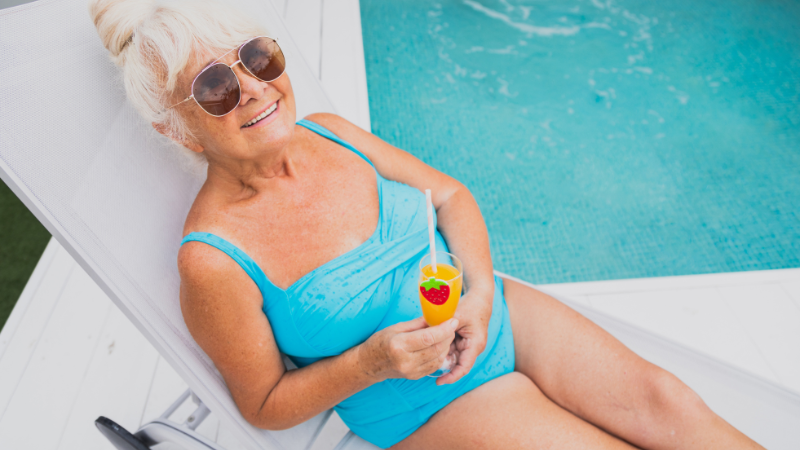
Sun exposure, pollution, and smoking are all external factors that can cause significant damage to your skin. Protecting your skin from these factors can help slow down the aging process.
Sun Exposure
Exposure to ultraviolet (UV) light from the sun can cause significant damage to your skin, leading to wrinkles, age spots, and even skin cancer. To protect your skin from the sun’s harmful rays, it is important to use sunscreen with a sun protection factor (SPF) of 30 or higher. Applying sunscreen every two hours and after swimming or sweating can help prevent sun damage. Additionally, wearing protective clothing, such as a hat and long-sleeved shirt, can provide extra protection from the sun.
Pollution
Pollution can cause damage to the skin by creating free radicals, which can lead to premature aging. Skincare products with antioxidants like vitamin C can help combat the effects of pollution on your skin. Additionally, washing your face twice a day can help remove pollutants from your skin and prevent them from causing damage.
Smoking
Smoking can lead to premature aging of the skin by reducing blood flow and damaging collagen and elastin. Quitting smoking can improve the overall health of your skin and slow down the aging process. Additionally, avoiding secondhand smoke can also help protect your skin from the harmful effects of smoking.
Video: Senior Skin Care
Key Ingredients for Anti-Aging Skin Care
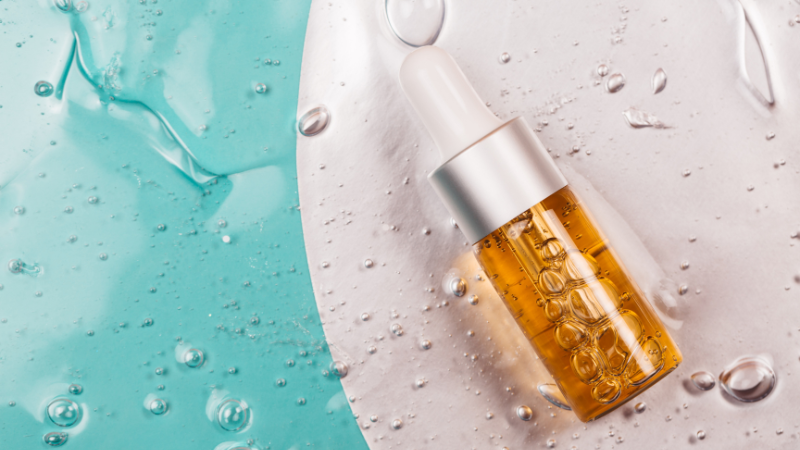
When it comes to reducing the signs of aging, certain ingredients have been shown to be effective. Here are some key ingredients to look for in anti-aging skin care products:
Retinoids
Retinoids are a derivative of vitamin A, and they are effective in reducing the appearance of fine lines and wrinkles. They also help improve skin texture and tone. However, retinoids can be irritating to some people, so it’s important to start with a low concentration and gradually increase over time. Retinoids can be found in creams and serums.
Hyaluronic Acid
Hyaluronic acid is a naturally occurring substance in the body that helps retain moisture in the skin. As we age, our natural levels of hyaluronic acid decrease, leading to dryness and wrinkles. Skin care products with hyaluronic acid can help restore moisture to the skin and improve its overall appearance. Hyaluronic acid can be found in moisturizers, lotions, and serums.
Vitamin C
Vitamin C is a powerful antioxidant that can help protect the skin from free radical damage. It also helps boost collagen production, leading to smoother, firmer skin. Vitamin C can be found in serums, eye creams, and moisturizers. When looking for a vitamin C product, it’s important to look for a stable form of vitamin C, such as ascorbic acid or tetrahexyldecyl ascorbate.
When choosing anti-aging skin care products, look for ingredients like retinoids, hyaluronic acid, and vitamin C to help reduce the signs of aging and improve the overall appearance of your skin.
Building an Anti-Aging Skin Care Routine
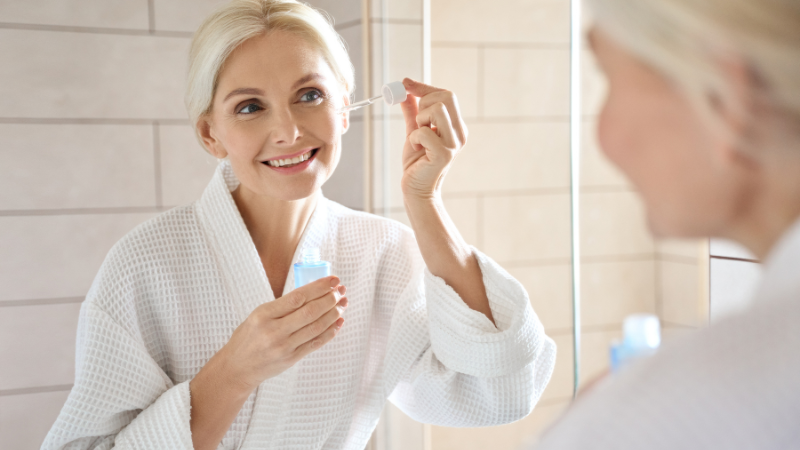
Taking care of your skin is an essential part of maintaining your overall health and well-being. An effective anti-aging skin care routine can help reduce the appearance of fine lines, wrinkles, and other signs of aging. Here are the steps involved in a simple yet effective routine:
- Cleanse: Start by cleansing your face with a gentle, non-drying cleanser to remove dirt, oil, and makeup. Use lukewarm water and a gentle touch to avoid irritating your skin. Look for products that contain antioxidants, which can help protect the skin from environmental stressors. We recommend using Cetaphil Gentle Skin Cleanser or La Roche-Posay Toleriane Hydrating Gentle Cleanser.
- Exfoliate: Use a gentle exfoliant once or twice a week to remove dead skin cells and improve skin texture. Avoid harsh scrubs that can damage the skin and opt for chemical exfoliants like AHAs or BHAs. We recommend using Paula’s Choice Skin Perfecting 2% BHA Liquid Exfoliant or The Ordinary AHA 30% + BHA 2% Peeling Solution.
- Treat: Apply a serum or treatment that contains active ingredients like retinol, vitamin C, or peptides to target specific concerns like fine lines, wrinkles, or uneven skin tone. These ingredients can help stimulate collagen production and improve skin elasticity. We recommend using Olay Regenerist Retinol 24 Night Moisturizer or SkinCeuticals C E Ferulic Serum.
- Moisturize: Use a moisturizer that hydrates the skin and helps to maintain its natural barrier function. Look for products that contain ingredients like hyaluronic acid, glycerin, or ceramides. These ingredients can help improve skin hydration and prevent moisture loss. We recommend using Neutrogena Hydro Boost Water Gel or CeraVe Daily Moisturizing Lotion.
- Protect: Apply a broad-spectrum sunscreen with an SPF of at least 30 to protect the skin from UV damage. Sun exposure is one of the primary causes of skin aging, so it’s essential to protect your skin from harmful UV rays. We recommend using EltaMD UV Clear Broad-Spectrum SPF 46 or La Roche-Posay Anthelios 50 Mineral Ultra-Light Fluid Sunscreen.
- Apply a broad-spectrum sunscreen with an SPF of at least 30 to protect the skin from UV damage. Sun exposure is one of the primary causes of skin aging, so it’s essential to protect your skin from harmful UV rays. We recommend using EltaMD UV Clear Broad-Spectrum SPF 46 or La Roche-Posay Anthelios 50 Mineral Ultra-Light Fluid Sunscreen.
By following these simple steps, you can build an effective anti-aging skin care routine that will help you maintain healthy, youthful-looking skin. Remember to be patient and consistent with your routine, as it may take some time to see results.
Here are some recommended products:
LivingYourSeniorLife is supported by its audience. When you purchase through links on our site, we may earn an affiliate commission at no cost to you. Learn more.
- Cleanse:
- Exfoliate:
- Treat:
- Olay Regenerist Retinol 24 Night Moisturizer or
- SkinCeuticals C E Ferulic Serum.
- Moisturize:
- Protect:
Lifestyle Changes for Anti-Aging
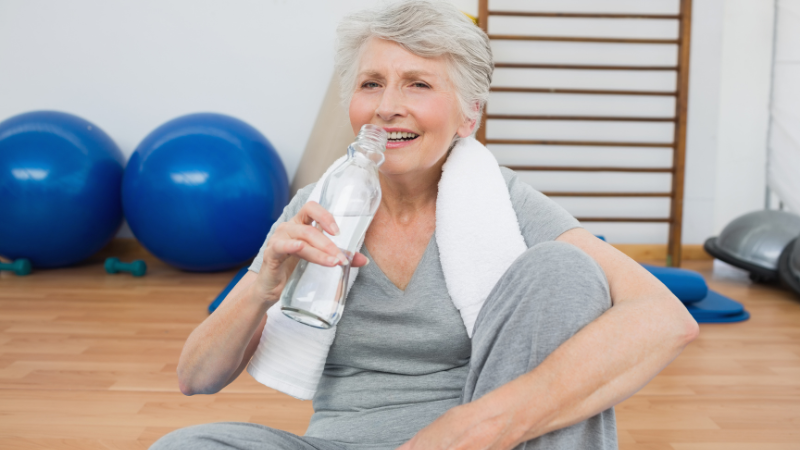
In addition to a customized skin care routine, there are several lifestyle changes you can make to complement your efforts to combat aging skin.
- Stay hydrated: Drinking plenty of water helps to keep the skin hydrated and plump, reducing the appearance of fine lines and wrinkles. Carry a water bottle with you throughout the day to stay hydrated.
- Eat a Healthy Diet: Consuming a diet rich in antioxidants, healthy fats, and vitamins can help to nourish the skin from the inside out. Incorporate foods like berries, leafy greens, and fatty fish into your diet to provide your skin with essential nutrients.
- Exercise Regularly: Regular exercise promotes healthy circulation, which can help to deliver nutrients and oxygen to the skin. Find an exercise routine that you enjoy and commit to it regularly.
- Get Enough Sleep: Getting enough sleep helps to repair and rejuvenate the skin, reducing the appearance of dark circles and puffiness. Develop a bedtime routine that promotes restful sleep, like reading a book or taking a warm bath before bed.
Other Tips
Other lifestyle changes that can help to combat aging skin include:
- Taking shorter showers and avoiding hot baths to prevent dry skin.
- Using mild soaps and avoiding perfumed products that can irritate the skin.
- Protecting your skin from the sun by wearing sunscreen and avoiding prolonged exposure.
By implementing these lifestyle changes, you can complement your skin care routine and promote healthy, youthful-looking skin.
Professional Anti-Aging Skin Care Treatments
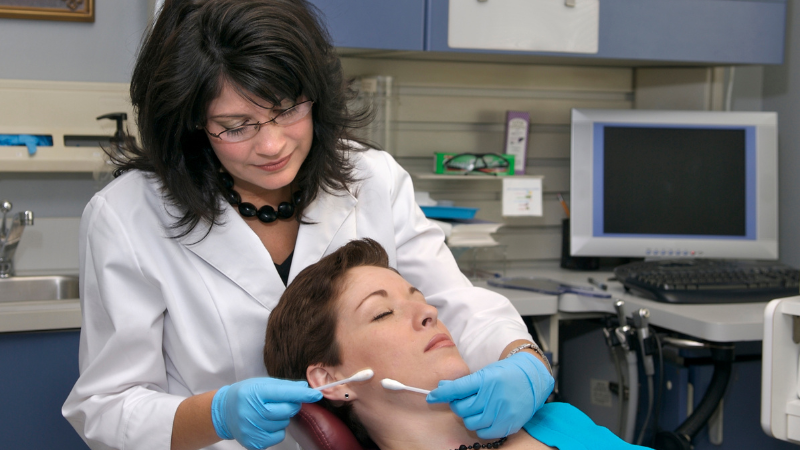
If you are looking for more intensive anti-aging skincare treatments, professional options are available. These treatments can complement at-home skin care efforts and provide more targeted and dramatic results.
Chemical Peels
A chemical peel is a treatment that involves the application of a chemical solution to the skin, which causes the top layer to peel off. Chemical peels can improve the appearance of fine lines, wrinkles, and age spots and can also stimulate collagen production. There are three types of chemical peels: superficial, medium, and deep. Superficial peels are the mildest and can be done every two to three weeks. Medium peels are stronger and can be done every three to six months. Deep peels are the strongest and can only be done once.
Microdermabrasion
Microdermabrasion is a treatment that uses a special device to exfoliate the skin and remove dead skin cells. Microdermabrasion can improve the texture and tone of the skin, reduce the appearance of fine lines and wrinkles, and stimulate collagen production. This treatment is less invasive than chemical peels and can be done every two to four weeks.
Laser Resurfacing
Laser resurfacing is a treatment that uses a laser to remove the outer layer of the skin and stimulate collagen production. Laser resurfacing can improve the appearance of fine lines, wrinkles, age spots, and scars. This treatment can be done with ablative or non-ablative lasers. Ablative lasers are more aggressive and require more downtime, while non-ablative lasers are less aggressive and require less downtime.
When considering professional anti-aging skin care treatments, choosing a reputable professional with experience in these procedures is important. Be sure to ask for before and after photos and read reviews from previous clients. It is also important to understand the risks and potential side effects of each treatment.
Common Anti-Aging Skin Care Mistakes
Even with the best intentions, many people make mistakes when combating aging skin. Here are some common mistakes to avoid:
- Over-exfoliating: You may think that exfoliating your skin every day will make it look younger and brighter, but it can actually do more harm than good. Exfoliating too often or using harsh products can damage the skin’s barrier and cause inflammation. It is recommended to exfoliate no more than twice a week.
- Skipping Sunscreen: Sun damage is a major contributor to aging skin, so it is important to wear sunscreen daily to protect the skin from harmful UV rays. Make sure to choose a broad-spectrum sunscreen with an SPF of at least 30 and apply it generously to all exposed areas of your skin.
- Not Getting Enough Sleep: Lack of sleep can contribute to fine lines, wrinkles, and dull skin. Aim for 7-8 hours of sleep each night to help your skin look its best.
- Not Drinking Enough Water: Dehydration can make the skin look dull and dry, so be sure to drink plenty of water throughout the day. Aim for at least 8 glasses of water per day to keep your skin hydrated and healthy.
- Using Too Many Products: Overloading the skin with too many products can cause irritation and make it difficult to determine which products are actually effective. Stick to a simple, consistent routine with a few key products that work for your skin type.
By avoiding these common mistakes and following a consistent anti-aging skin care routine, you can achieve better results and maintain healthy, youthful-looking skin.
FAQs
What are some key ingredients to look for in anti-aging skin care products?
If you’re looking for anti-aging skin care products, look for those with key ingredients such as retinol, vitamin C, hyaluronic acid, and peptides. Retinol is known to stimulate collagen production, vitamin C brightens the skin and helps reduce the appearance of fine lines, hyaluronic acid hydrates and plumps the skin, and peptides help to improve skin texture and firmness.
Can anti-aging skin care products be used on sensitive skin?
Yes, you can use anti-aging skin care products on sensitive skin, but it’s important to choose products specifically formulated for sensitive skin and to do a patch test before applying the product all over the face. Look for products that are fragrance-free, hypoallergenic, and have gentle ingredients.
At what age should I start using anti-aging skin care products?
It’s never too early to start taking care of your skin, but most experts recommend incorporating anti-aging products into your routine in your late 20s or early 30s, as this is when the signs of aging start to become more visible. However, it’s important to note that everyone’s skin is different and may age differently, so it’s best to consult with a board-certified dermatologist to determine the best course of action for your individual needs.
Additional Reading
Conclusion
Maintaining healthy and youthful-looking skin is important, and anti-aging skin care can help you achieve your desired results. By understanding the causes of aging skin, building an effective skin care routine, making lifestyle changes, and considering professional treatments, you can enjoy healthy, glowing skin at any age. Remember to be patient and consistent in your efforts, and always choose high-quality products and reputable professionals for your skin care needs.
Do you have any skin care tips you’ve found to be beneficial? Please comment below.
